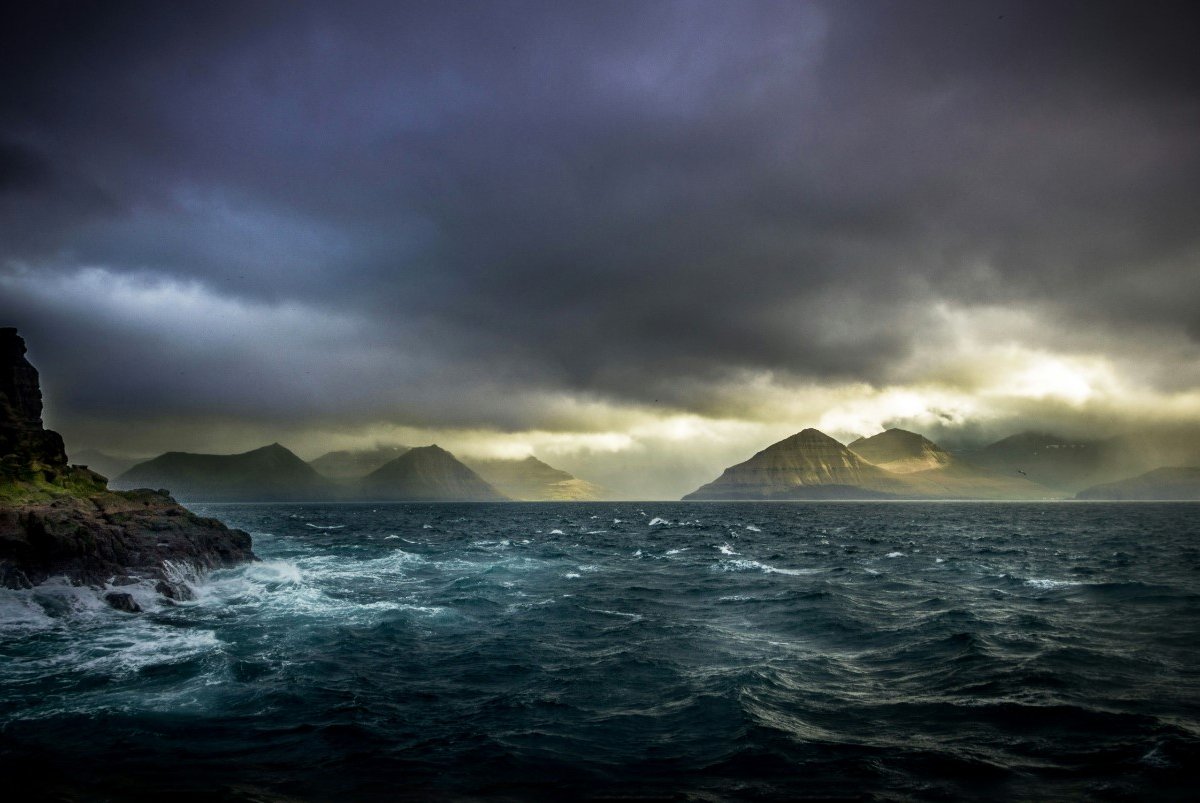In a new study published in the scientific journal Nature Geoscience, a group of geologists claim to have found a new explanation. PEnvironmental problems that occurred on Earth between 185 million and 85 million years ago. These events became known as oceanic anoxic events because the oxygen in the oceans was significantly depleted; anoxic events had not occurred for millions of years.
As the authors explain, These events significantly affected the biological development of the Earth and caused the mass extinction of marine animals at that time. According to the international team of scientists, it was as if the planet had ‘reset’ its ecosystem. Therefore, the study sought to understand what might have happened to result in these events.
The researchers used statistical analyses and computer models to understand how the ocean’s chemical cycles responded to the breakup of the supercontinent Gondwana, and they also examined the impact of plate tectonics during the Mesozoic era, which spans the Jurassic and Cretaceous periods of our history.
“Anoxic events typically lasted about one to two million years and had profound effects on marine ecosystems, the legacy of which is still felt today. The organic-rich rocks deposited during these events are by far the largest source of commercial oil reserves and gas globally,” said Benjamin Mills, one of the study’s authors and professor of Earth system evolution at the University of Leeds.
Oxygen depletion and mass extinction
The paper suggests that the decrease in oxygen in the oceans may have been caused by the breakup of the supercontinent, which resulted in a mass extinction. This process resulted in intense volcanic activity across the planet, and tectonic plates may have released large amounts of phosphorus.
But it wasn’t that simple. In reality, Phosphorus may have acted as a natural fertilizer in the oceans, allowing marine organisms to thrive.
This also increased biological activity and the amount of organic matter on the ocean floor; It was exactly this process that consumed oxygen.In fact, there was so little oxygen in some parts of the ocean that some marine life in those areas could not survive.
“Studying geological events provides valuable information This could help us understand how Earth might respond to future climate and environmental stresses.“It is remarkable how a chain of events within the Earth can affect the surface, often with devastating effects. The separation of continents could have profound effects on the course of evolution,” said Tom Gernon, lead author of the paper and professor of Earth Sciences at the University of Southampton.
Did you like the content? Then share the article with your friends on social media and take the opportunity to discover how ocean salinity affects the Earth’s climate. Until next time!
Source: Tec Mundo
I’m Blaine Morgan, an experienced journalist and writer with over 8 years of experience in the tech industry. My expertise lies in writing about technology news and trends, covering everything from cutting-edge gadgets to emerging software developments. I’ve written for several leading publications including Gadget Onus where I am an author.













